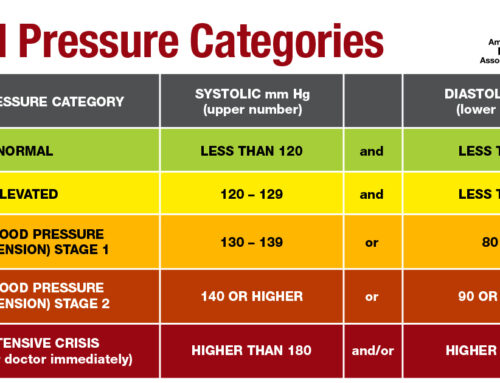by Dr. Tina Marcantel
 Most people who are health-conscious are interested in taking the vitamins and supplements they think are necessary to keep their bodies in the best possible health. To do that, we often take a wide range of products in hopes of including the vitamins, minerals, and antioxidants that we require. One question I often get as a health care practitioner, though, is, “How can I know what I really need?”
Most people who are health-conscious are interested in taking the vitamins and supplements they think are necessary to keep their bodies in the best possible health. To do that, we often take a wide range of products in hopes of including the vitamins, minerals, and antioxidants that we require. One question I often get as a health care practitioner, though, is, “How can I know what I really need?”
Instead of guessing about what vitamin or mineral supplements are most beneficial to a specific patient, it’s possible to get a personalized assessment of nutritional needs using a laboratory test called a Cellular Nutrition Assay (CNA). This tool allows a person and their healthcare provider to have a targeted nutrition strategy to achieve the best possible outcomes.
The test is used to determine three important things:
* The specific vitamins and minerals your body needs more of to help the cells maintain optimal health.
*A measure of your cells’ ability to protect themselves from free radicals without the addition of antioxidant nutrients.
*Which antioxidants are most effective specifically for you to help remove free radicals from your cells.
The CNA is different from the serum blood test your doctor may use to check levels such as iron or certain vitamins. A serum test is essentially a “snapshot” of the short-term level of a nutrient in your blood. These levels can fluctuate depending on something you may have taken or eaten recently and represents nutrients that have not yet been absorbed into the cells. A micronutrient assay like the CNA, on the other hand, provides insight into the long-term nutritional status of your body by measuring what is working inside the cells.
The laboratory provides a detailed report of the results of testing over 100 micronutrients and antioxidant nutrients and enzymes. Results show which micronutrients are insufficient or borderline insufficient and addresses each by explaining the role they play in the body, how they are useful in prevention and treatment of disease, and also gives good food sources for these nutrients.
To better understand how this works in a practical sense, let’s look at an example.
Iron is an essential nutrient. Most of the iron in the body is found in the hemoglobin of red blood cells that carry oxygen from the lungs to the tissues; low iron can cause fatigue and also affect the thyroid gland. We mostly get iron from animal food sources, so people who eat little or no meat may be lacking in sufficient amounts.
A standard serum test may show sufficient levels of iron in the blood, but the more sensitive micronutrient assay may reveal insufficient amounts at the cellular level. With this information your provider can help you choose specific foods or targeted supplements to provide you with the iron you need for optimal health.
This example, of course, only addresses one particular nutrient. A full Cellular Nutrition Assay would provide a broad picture of your body’s nutritional health encompassing a wide range of vitamins, minerals, and antioxidants. It’s also possible to purchase personalized supplements that are designed to specifically target those nutrients you are insufficient in according to your individual test results.
The Cellular Nutrition Assay can be a very useful tool in supporting your healthcare needs.
Watch Dr. Marcantel’s four-minute video explaining the Cellular Micronutrient Assay, including sample test results
You can find a detailed explanation of these tests in this pamphlet from Cell Science Systems
For current pricing of the Cellular Nutrition Assay tests, please visit our Fees and Services page





